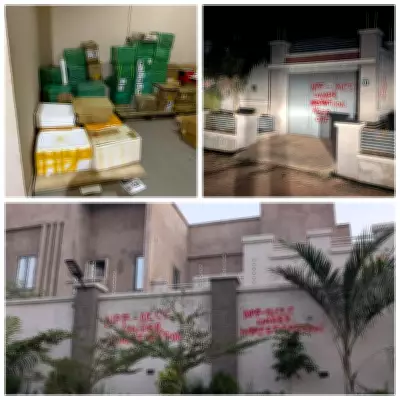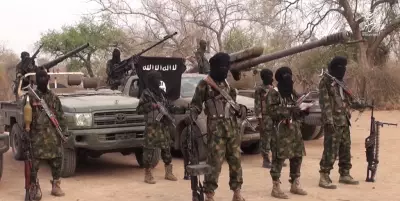
The recently concluded Security Summit for the Northwest Region (SWEST) has left many Nigerians in a familiar state of cautious optimism. While the gathering produced an impressive list of resolutions and commitments, the shadow of political inertia looms large over the prospects of meaningful implementation.
High-Level Dialogue, Familiar Challenges
Bringing together governors, security chiefs, traditional rulers, and development partners, the summit addressed the multifaceted security crisis plaguing Nigeria's Northwest region. From rampant banditry and kidnapping to farmer-herder conflicts, the discussions covered the spectrum of threats that have made daily life precarious for millions.
The resolutions emerging from the summit were comprehensive and ambitious:
- Enhanced collaboration between security agencies and state governments
- Commitment to community policing initiatives
- Economic revitalization programs for affected communities
- Improved intelligence gathering and sharing mechanisms
- Strengthened border security measures
The Implementation Gap
Security analysts and civil society organizations have expressed concern about the familiar pattern of summit resolutions failing to translate into concrete action. "We've seen this movie before," notes Abuja-based security consultant Adebayo Okeke. "High-level meetings produce excellent documents that gather dust on shelves while the security situation continues to deteriorate."
The political will to implement difficult decisions remains the critical missing ingredient. Previous security summits have yielded similar promising outcomes, only to be undermined by bureaucratic delays, funding shortfalls, and inter-agency rivalries.
Public Skepticism and Hope
For ordinary Nigerians living in the affected regions, the summit represents both hope and frustration. "We hear these promises every time there's a major incident or summit," says Katsina resident Aminu Mohammed, whose community has suffered multiple bandit attacks. "What we need is action, not more meetings and documents."
However, some observers note that the continued dialogue itself represents progress. The sustained attention on the Northwest crisis keeps pressure on political leaders and maintains the issue's prominence on the national agenda.
The Path Forward
Experts suggest that the success of the SWEST summit will be measured by specific, time-bound achievements in the coming months:
- Visible reduction in attack frequency and severity
- Tangible improvements in inter-agency cooperation
- Clear funding allocations for security initiatives
- Regular public reporting on implementation progress
The coming weeks will reveal whether the SWEST summit represents a turning point in Nigeria's security challenges or merely another chapter in the ongoing struggle between ambitious resolutions and political reality.





